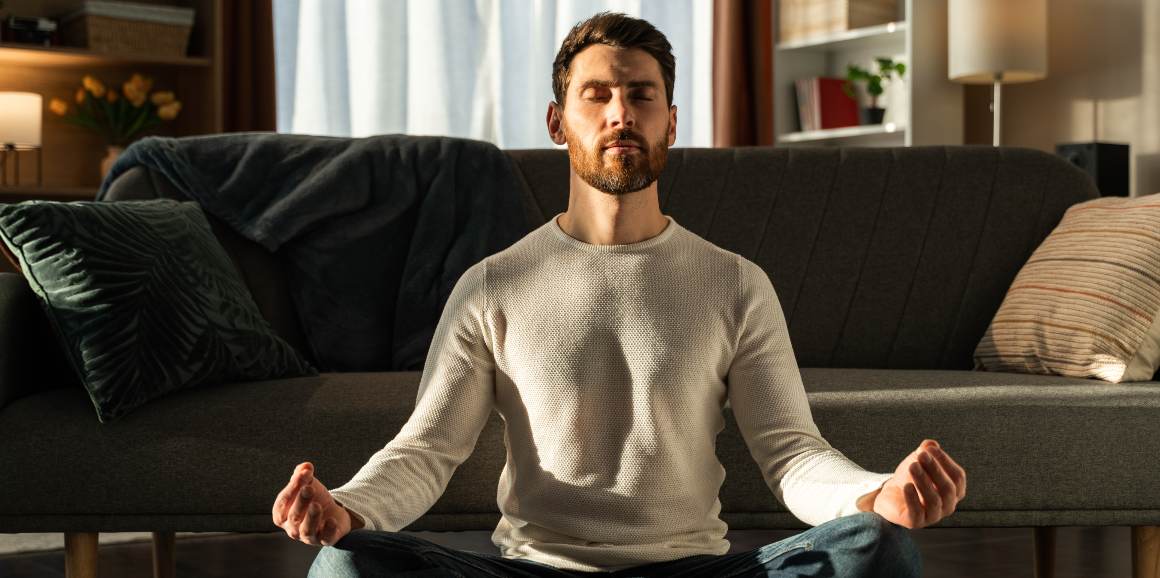
Latest news | Page 49
-
Make Relaxation a Priority
September 24th, 2023
Making relaxation a priority is key to managing stress and improving well-being. Engaging in hobbies like gardening and painting provides joy and alleviates anxiety. Enhancing daily showers with mindful rituals and aromatherapy transforms them into peaceful experiences. Practicing mindfulness through activities like mindful breathing fosters presence and calm. Setting boundaries with technology and scheduling relaxation helps incorporate it into daily life. Overall, relaxation techniques reduce tension, enhance mood and sleep, and cultivate a healthy...
-
Visualization to Calm Nervous System
September 24th, 2023
Visualization is a powerful technique that can help calm the nervous system and promote mental well-being. By imagining peaceful scenes, goals, or compassion, anxiety can be reduced. Visualization works by inducing relaxation and a sense of tranquility. Combining it with other calming practices like breathing, yoga, and meditation can enhance its effects.
-
Exercise to Regulate Cortisol
September 24th, 2023
Exercise offers a valuable solution to regulate cortisol levels and promote optimal health. By incorporating a combination of techniques and activities into your routine, such as exercise, mindfulness, laughter, and maintaining healthy relationships, you can effectively manage cortisol levels and support your overall well-being.
-
High cholesterol Levels? Boosting HDL cholesterol and Controlling LDL for Better Health
September 23rd, 2023
Cholesterol is carried through your bloodstream on lipoproteins. HDL cholesterol is called "good" because it removes cholesterol from your bloodstream. Higher HDL levels equate to lower heart disease risk. Lifestyle changes like adding exercise, losing weight, and eating healthy fats can help raise protective HDL cholesterol.
-
Simple stress relief tips for busy moms.
September 23rd, 2023
Finding time for stress relief can seem impossible as a busy mom. But taking time for yourself is crucial – it helps you be a more patient, present parent. Here are some easy, effective ways busy moms can relieve stress in minutes. Even quick breaks to walk, meditate, read, or laugh can help you destress.
-
Warning signs of burnout: How to recognize the signs and take action
September 23rd, 2023
Burnout is a state of exhaustion from prolonged stress. The early warning signs include fatigue, cynicism, declining performance, insomnia, illness, and anxiety. To regain balance, adjust your workload, focus on emotional health, improve work-life balance, adopt healthy habits, find new challenges, examine your values, and request support.
-
Stress at work : deal with stress and prevent burnout and work stress.
September 23rd, 2023
Workplace stress is increasingly common and can take a major toll on your health, leading to burnout, anxiety, and chronic health issues. This article explores the rising causes of work stress and provides effective coping strategies - from managing workloads, taking breaks, fostering support, and achieving better work-life balance.
-
Is cbd oil (cannabidiol) the same as medical marijuana or hemp?
September 22nd, 2023
Marijuana, CBD oil, and medical cannabis are commonly used terms that often get mixed up. But there are key differences between them - marijuana contains THC that produces a high, CBD oil comes from hemp and doesn't cause intoxication, while medical cannabis uses cannabinoids from the marijuana plant to treat medical conditions. This article clearly explains each one.




















